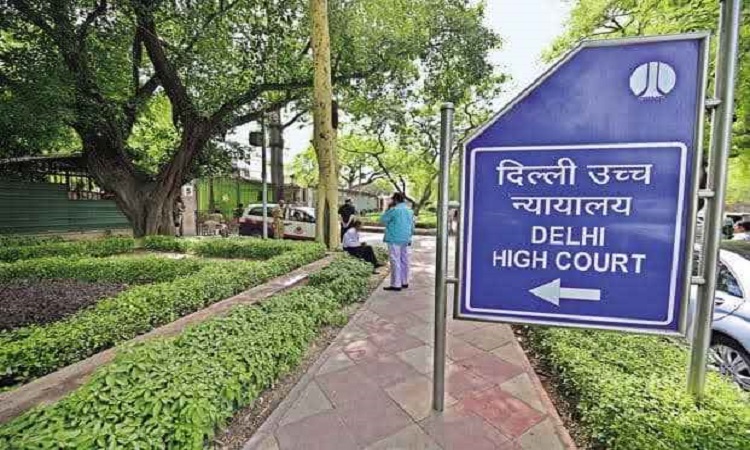 English
English

The bench of Justice Manmohan and Justice Mini Pushkarna, after noting down the submissions, decided to dispose of the matter. Read further on Dynamite News:

New Delhi: The Delhi High Court on Friday closed all the proceedings on a batch of petitions that sought direction from the Centre and the Law Commission to draft and timely implement the Uniform Civil Code (UCC) in the country and observed that the Law Commission is already working on this topic and seized of the matter.
The bench of Justice Manmohan and Justice Mini Pushkarna, after noting down the submissions, decided to dispose of the matter and said the Law Commission of India is already dealing with the issue and we cannot direct the legislature to enact a particular law.
Earlier, the Centre Government stated in its reply that it is for the legislature to enact or not to enact a piece of legislation; this is a matter of policy for the elected representatives of the people to decide and no direction in this regard can be issued by the Court.
In Delhi High Court, the Centre government, through the Ministry of Law and Justice, has filed an affidavit and opposed the Public Interest Litigation (PIL) and other petitions seeking the drafting of a UCC to secure gender justice, equality and dignity for women.
The affidavit stated that the petitioner, Ashwini Kumar Upadhyay, has cited the Shah Bano Case, in which the Supreme Court has observed in favour of framing UCC. The said case does not apply to the present case on the ground that the court cannot direct the executive to enact a particular piece of legislation.
The Delhi HC was examining several similar petitions in which the court had sought the Centre's response.
Petitions sought direction for the Law Commission to draft the UCC within three months by including the uniform minimum age of marriage; grounds of divorce, maintenance and alimony; adoption and guardianship; and succession and inheritance within three months and publish it on the website for wider public deliberation. (ANI)
No related posts found.